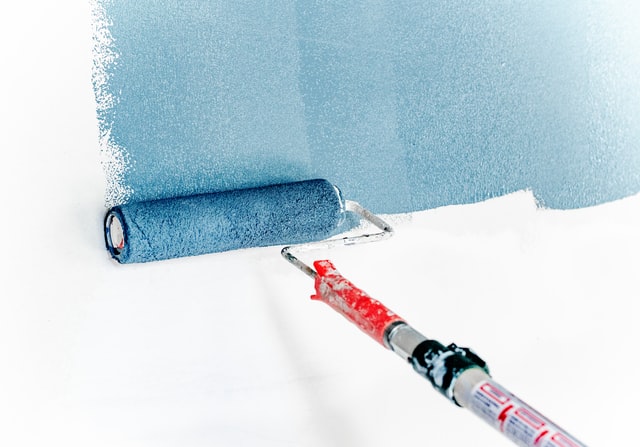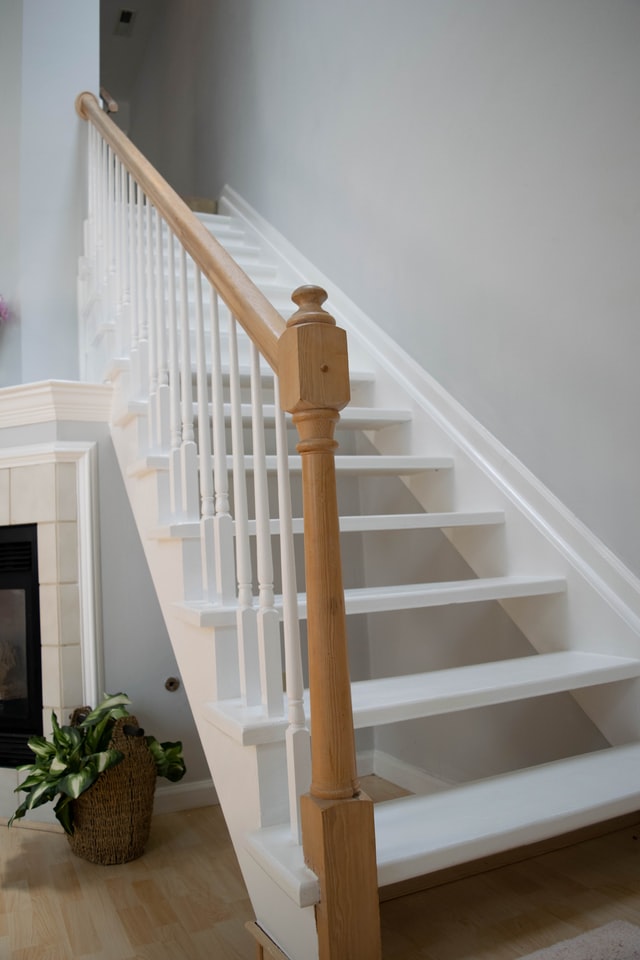Major life decisions are always stressful, and selling your home is certainly no exception. But many sellers stress more than they need to because they haven’t properly prepared for the sale. While a good agent will be there to advise you, most decisions are ultimately yours to make, so you need to do your own homework as well.
Speaking of good agents, that’s the first thing you need to make sure of. Research agents who work in the area and discuss your goals with them. All agents have their own strengths and weaknesses, even if they don’t specialize, which many of them do. The best performing agent may not be the right agent for your particular needs. Ensure your agent knows whether you’re looking for top dollar or just need to sell fast, because that’s going to affect the listing price and timeline.
Your agent will hopefully provide you with an in-depth analysis of comparable properties. Even before you receive it, you should have a decent idea of your home’s value. If it’s drastically different from what your agent thinks, discuss that with the agent and try to reach an understanding. You could even find that you don’t actually want to sell because you’ll be making much less than you expected. Or maybe there are certain repairs that you didn’t feel were urgent, but may have a significant effect on your home’s value.
Once you start to receive offers, be smart and make appropriate adjustments. Read through the offers carefully, and look for a pre-approval letter if the prospective buyer requires a loan. A first offer doesn’t have to be final — don’t reject every offer with minor issues, but also don’t acquiesce to every buyer demand. Some deals simply won’t work out at all, but many can be negotiated through counteroffers.
Photo by Dan Dimmock on Unsplash



















